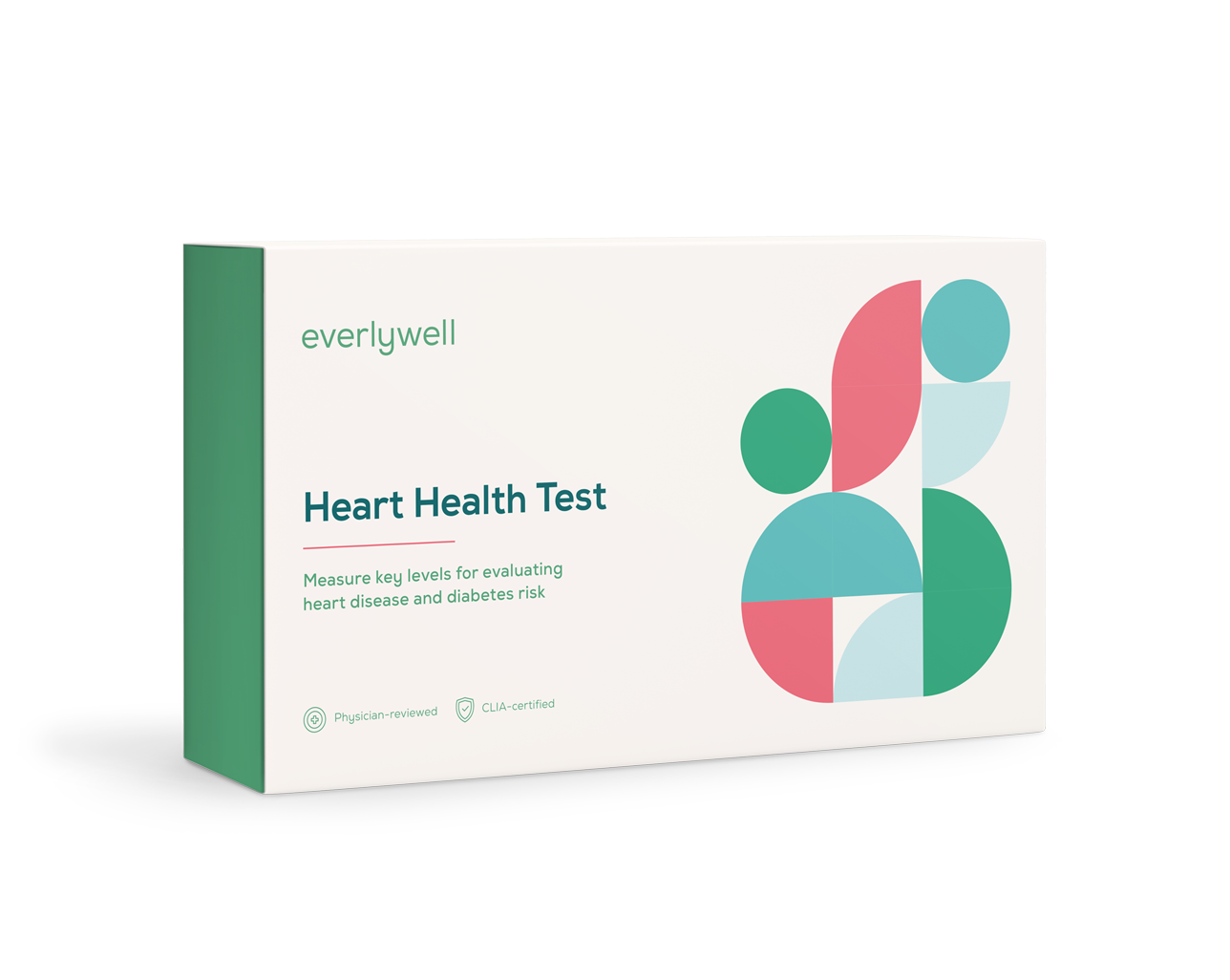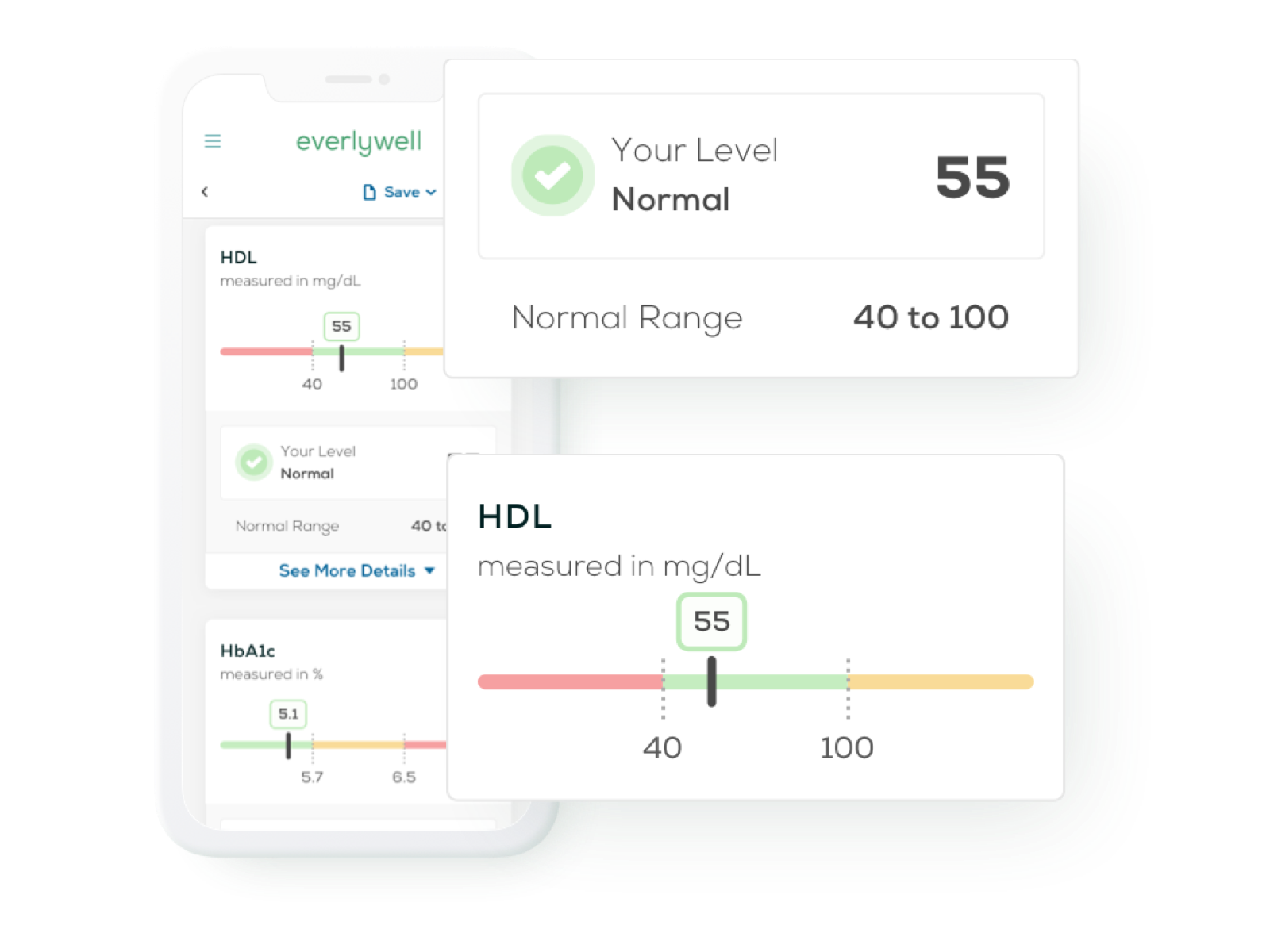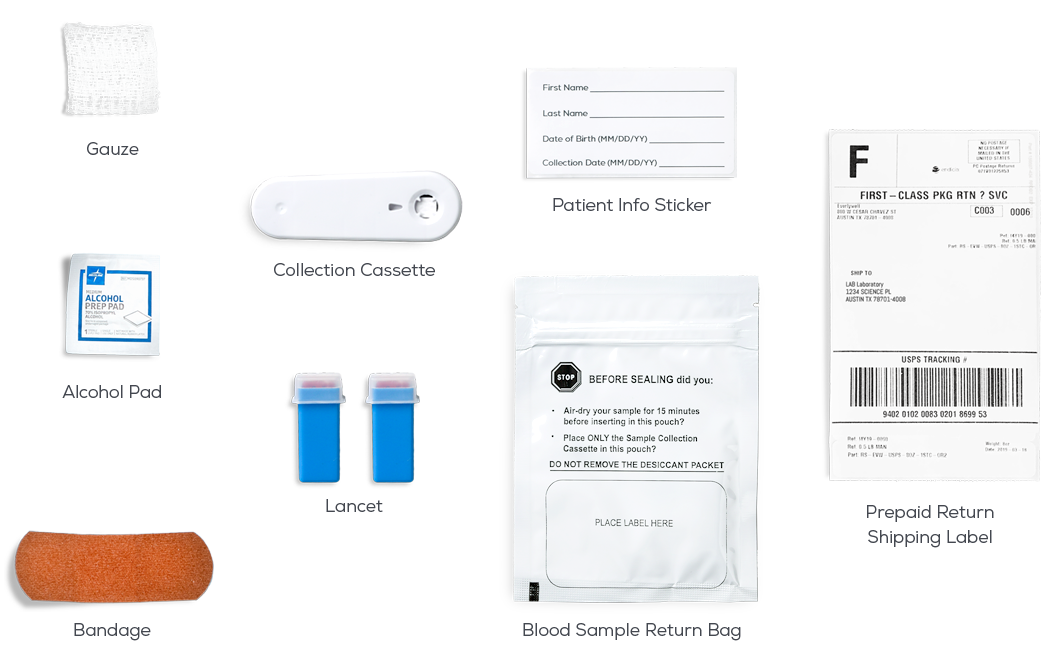Understanding Heart Disease Risk: Cholesterol, Triglycerides, and Blood Sugar
Heart disease (also known as cardiovascular disease), including coronary artery disease, heart attack, and congestive heart failure, is the leading cause of death for both men and women in the US. Cardiovascular disease is preventable for many people, and understanding the different risk factors is the first step in maintaining a healthy heart muscle. Heart screening via measurements of cholesterol and other markers can help shed light on one's risk factors.
High LDL cholesterol and triglycerides have been linked to a number of diseases, such as coronary heart disease (including heart attack), stroke, peripheral artery disease and atherosclerosis, high blood pressure (hypertension), and type II diabetes. Because LDL cholesterol can trigger the formation of plaque and damage the heart's arteries (or coronary arteries), controlling your blood cholesterol levels can be key to reducing your risk for these disorders.
Not only do we measure your lipids (total cholesterol, HDL, LDL, and triglycerides), but we also measure another important marker for cardiovascular disease: HbA1c.
HbA1c - HbA1c levels are considered to be a good measure of your 90-day glucose levels and do not vary as much day-to-day as your standard glucose marker. HbA1c measurements are not a substitute for measuring daily glucose if your healthcare provider has prescribed that you do so. High HbA1c levels are widely considered to be indicative that you either have, or have an elevated risk for developing, type 1 or type 2 diabetes. Diabetes is a significant risk factor for heart disease.
How often you should test your lipids and/or HbA1c depends on many factors, so talk with your healthcare provider about the testing frequency that’s right for you. If you’re interested in monitoring your levels on a regular basis, consider the Everlywell subscription option. You’ll automatically receive a Heart Health test kit on a schedule you choose (available options are monthly, quarterly, and semi-annually).
Is this a heart test?
The Everlywell Heart Health Test is not a heart scan or EKG; instead, this at-home test can help identify or monitor certain risk factors associated with heart disease, such as elevated LDL cholesterol levels.
(Heart tests typically refer to specific forms of cardiac testing a cardiologist or other specialist might carry out in certain clinical contexts. Examples include echocardiograms, CT scans, and exercise stress tests—which may help a healthcare professional better understand someone's abnormal heart rhythm and heart rate.)


